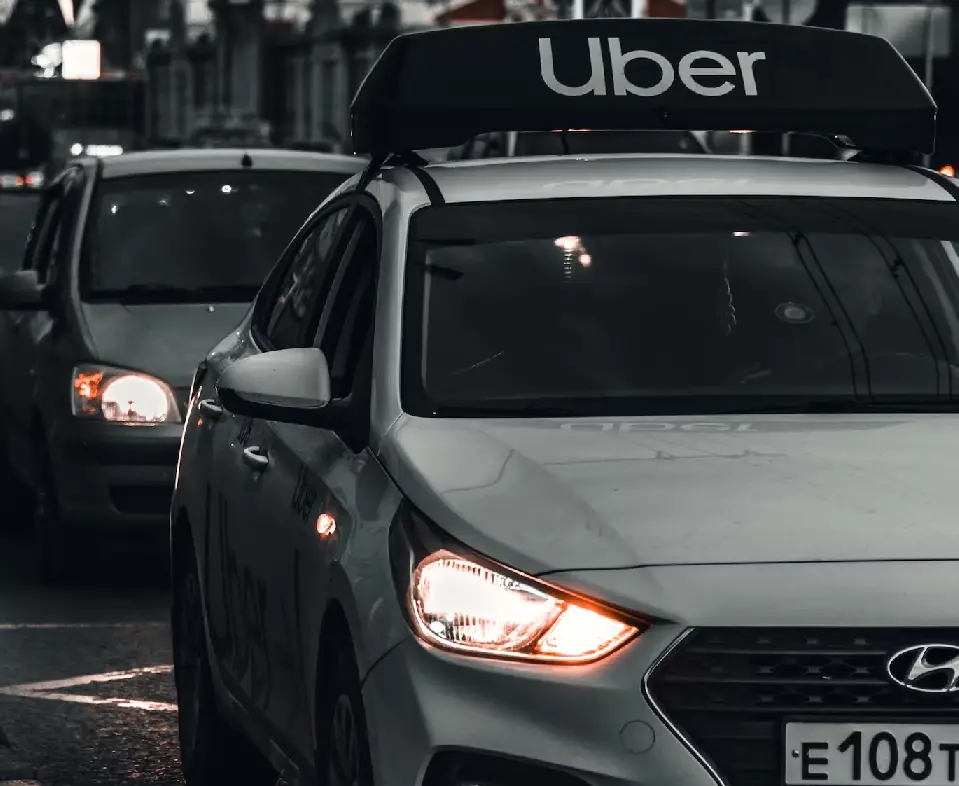In Massachusetts, a labor union and an industry-backed lobbying group are proposing to let voters decide whether to treat Uber and Lyft ride-share drivers as independent contractors, or whether they should be allowed to unionize.
A proposed ballot question which would allow voters to determine the decision has been filed by Flexibility and Benefits for Massachusetts Drivers, a group made up of workers for Uber, Lyft, and DoorDash. It will ask voters in the November 2024 election to determine if drivers for the companies are not employees, but rather independent contractors which would be entitled to minimum benefits.
If approved, the proposal would create an earnings floor for workers equal to 120% of minimum wage in the state for app-based drivers, which would be equal to $18 per hour in 2023 prior to tips. In addition, drivers would become eligible to receive healthcare stipends, occupational accident insurance, and paid sick time.
Opposing the measure are labor activists, among them SEIU Local 32BJ, a union which has filed a competing ballot measure which would allow drivers to unionize, so that their union could negotiate working conditions and compensation on behalf of of workers collectively.
In a statement, Roxana Rivera, the head of the union in Massachusetts, said, “The best antidote to unchecked corporate greed and rising inequality is building worker power through a union.”
The industry-backed measure is similar to a 2022 ballot initiative which had been blocked from proceeding by the state’s top court, due to it containing a provision which would have limited the liability of companies for accidents their drivers were involved in.
The supporters of the ballot measure say that they have submitted multiple versions of the ballot proposal with the office of Massachusetts Attorney General Andrea Campbell, who will determine whether the proposal complies with the state’s constitutional requirements. It is their hope that one or more versions will be found to have resolved the “technical questions” which the court had previously raised.
According to Campbell’s office, a determination on whether the petition will be certified will be made by September 6th. At that point the measure’s proponents would begin gathering the thousands of signatures they will require to get the measure added to the ballot.
In 2020, there was a similar industry-backed proposal which passed, and solidified the status of ride-hail and food delivery workers as independent contractors with some benefits.
In 2021 a state judge in California ruled that the measure, called Proposition 22, was in violation of the state constitution. However in March, a state appeals court revived the proposition.


